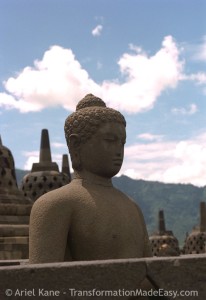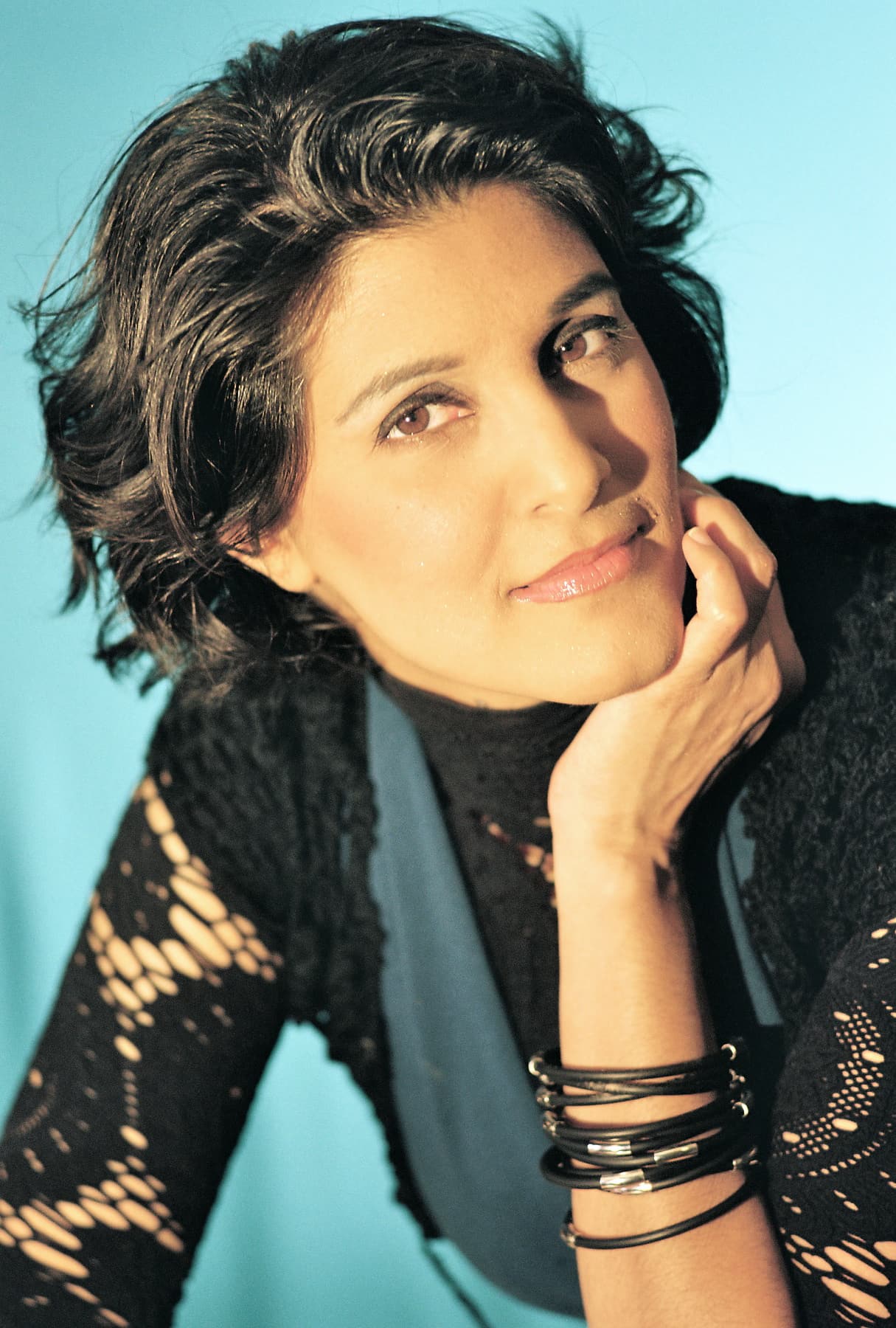World peace is a very laudable ideal but have you ever noticed how much easier it is to philosophize about the big important things, like ending war, while we ourselves harbor resentments, hold onto vendettas or wish negative things on people? We think negatively towards others as though it is our God-given right to be right and others obviously caused our discomfort. How many times have you heard yourself say, “They got me angry!” or “They made me mad!” or “They humiliated me?”
We are not saying that ideally you would not wish to be beyond those petty thoughts and the need to prove yourself right at the cost of your experience of love, well being, happiness, relationship and partnership. What we are saying is that in the reality of people’s innermost thoughts, they mechanically and uncontrollably think things which sometimes lead to actions that, in retrospect, they are not proud of.
It has been more than 2000 years since the death of Christ, the Prince of Peace, who brought the message of love. Well his message has not gotten across. If you look at the world situation, there is no longer war between the Romans and the rest of the world, but there is war present all over the world.
There was a time when one faced the enemy intimately and fought hand to hand. This barbaric way of fighting still exists but in our modern age we have developed smart bombs and cruise missiles so that we don’t have to see our opponent face-to-face. Diplomats and politicians have, throughout history, attempted to find idealistic and peaceful solutions other than going to war. And yet the human condition has not improved substantially. Our technology has, our gadgetry has, our creature comforts have, but humanity’s sense of well being, of inner peace is no greater than it was 2000 years ago.
As newborns we did not decide what language we wanted to learn. Somewhere around the second year of our lives, we had mastered the mother tongue of the culture we were born into. Not only did we master the language, we also absorbed and were inculcated into the standards and mores of that culture and society. Like a computer, we function through the information that has been downloaded into it. We make choices and decisions from the information that we have absorbed.
All of us were born into an ongoing society and culture. What we have learned is what has been available in the knowledge bank/base of that society. All of the ideas, techniques and available methods of self improvement, inner peace, well being and self realization, have been handed down to us from what has come before. These ideas, however laudable, are flawed by the ideas and techniques that have been available to produce this “self improvement”. The programs and ideas developed as innovations from past therapeutic modalities, based in a psychological mode, have not provided the sense of well being that individuals and humanity as a whole are striving for. The other avenue, other than psychology, has been religion and this too has only provided limited well being to its practitioners and participants. There have been some interim results produced, but as a whole, humanity is no more satisfied now than it was 100 years ago.
We have been taught or given the idea that when we attain something or achieve something, the quality of our lives will get better. That when we graduate from school, life will begin. That when we get a relationship, get engaged, married, the right job, the right degrees from school, the right automobile, a house, these things will satisfy us and make us feel better. This idea of achievement producing well-being is also flawed. You cannot earn enough money, or own enough objects or things to feel good about yourself when you don’t feel good about yourself, to feel secure when you are insecure. Well being exists independent of material possessions and achievements and it happens when you live your life directly and in the present moment. Well being is a by-product of being in the moment. It is not a goal to be achieved or something to get to. It takes place when you are living your life in each moment.
Our approach to peace is transformational. It is our hypothesis that if you discover inner peace and well being, you will no longer need to hold onto resentments and vendettas. As a natural outcome of this inner peace, you will discover forgiveness in its purest form. We believe that for this planet to heal itself, it must happen one individual being at a time.
“How is this possible?” You may ask. “World peace and planetary healing is too mighty a task for just one individual!” Yes, you are right but the power of one centered individual cannot be underestimated.
Transformation allows for a dissolving and completion of previously resisted mechanical behaviors that have undermined people’s ability to make a difference in their lives and in their world. Our approach is anthropological. An anthropologist does not judge the culture that he or she is studying. They notate the behavior of that particular culture without judgment of good or bad or right or wrong behaviors but merely objectively state their observations.
Awareness is the basis of our technique of nonjudgmental observation resulting in the completion of previously unwanted habitual behavior. Our definition of awareness is a nonjudgmental seeing or noticing of the way you interact with your life circumstances. By simply noticing how you are without judging yourself for what you see, you will strengthen your ability to be present and centered regardless of the circumstances. And contrary to popular thought, if you do not judge yourself and if you are not hard on yourself when you see yourself lost in a “bad” habit, you will not become complacent. It has been our experience in working with thousands of people from all walks of life and from many different cultures all over the world that when a person lives his or her life with awareness, that individual is self empowered and becomes more productive, effective and satisfied.
We have discovered three ideas or principles that have been profoundly useful to people who are interested in dissolving mechanical behaviors and reclaiming control of their own lives. In Developing Inner Peace as the Nucleus to Global Peace Part 2 in next month’s article, we will investigate these Three Principles of Instantaneous Transformation as an access way into the moment and a gateway to inner peace.
Since 1987, internationally acclaimed authors, seminar leaders, and business consultants Ariel and Shya Kane have acted as guides, leading people through the swamp of the mind into the clarity and brilliance of the moment. To find out more about the Kanes and their Transformational Community or to sign up to join their email newsletter, visit their website at: www.TransformationMadeEasy.com. Information about their three award-winning books â Working On Yourself Doesn’t Work: The 3 Simple Ideas that will Instantaneously Transform Your Life, How to Create A Magical Relationship: The 3 Simple Ideas that will Instantaneously Transform Your Love Life and Being Here, Modern Day Tales of Enlightenment â is also available on their website. Their latest book, How to Have A Match Made in Heaven: A Transformational Approach to Dating, Relating and Marriage, is the winner of 5 awards and is also available in Spanish.






